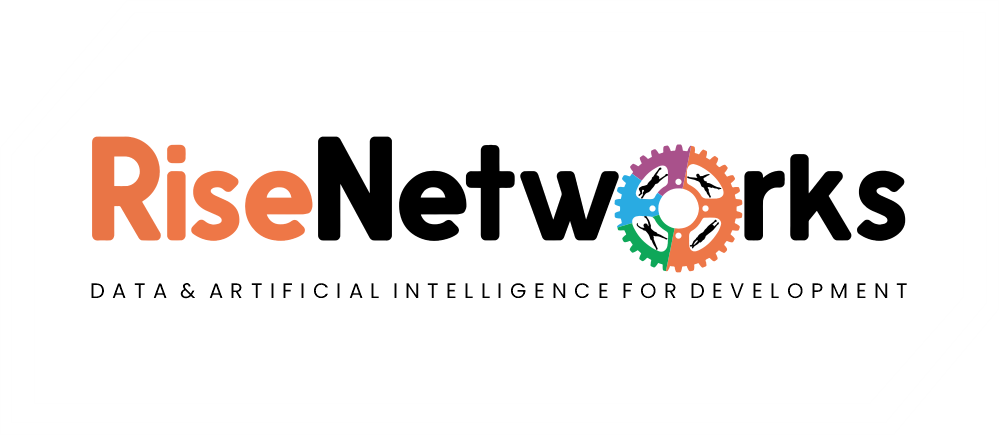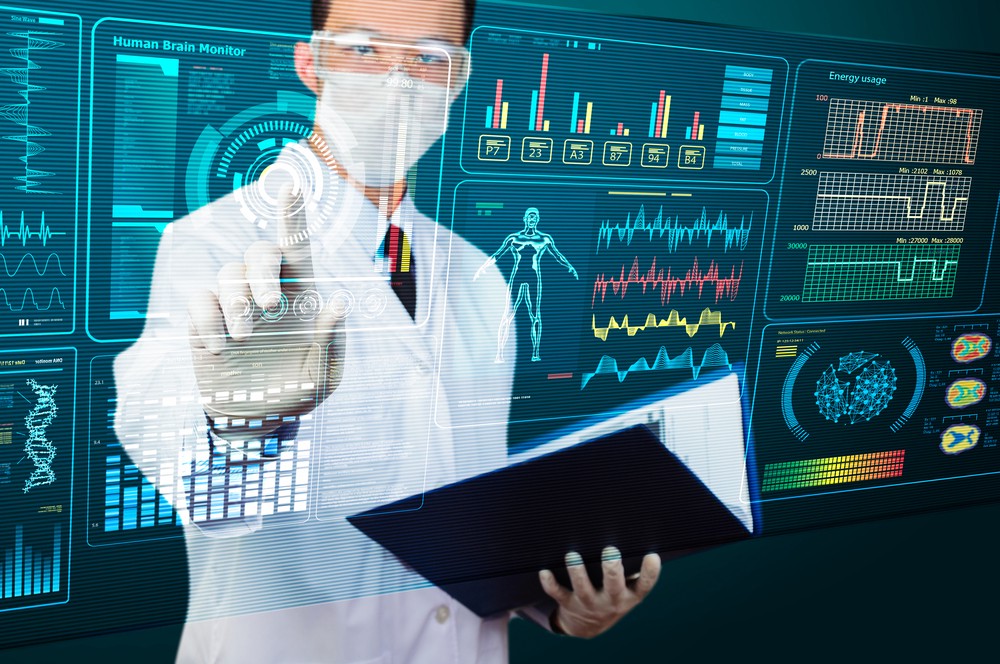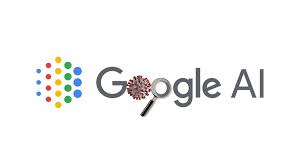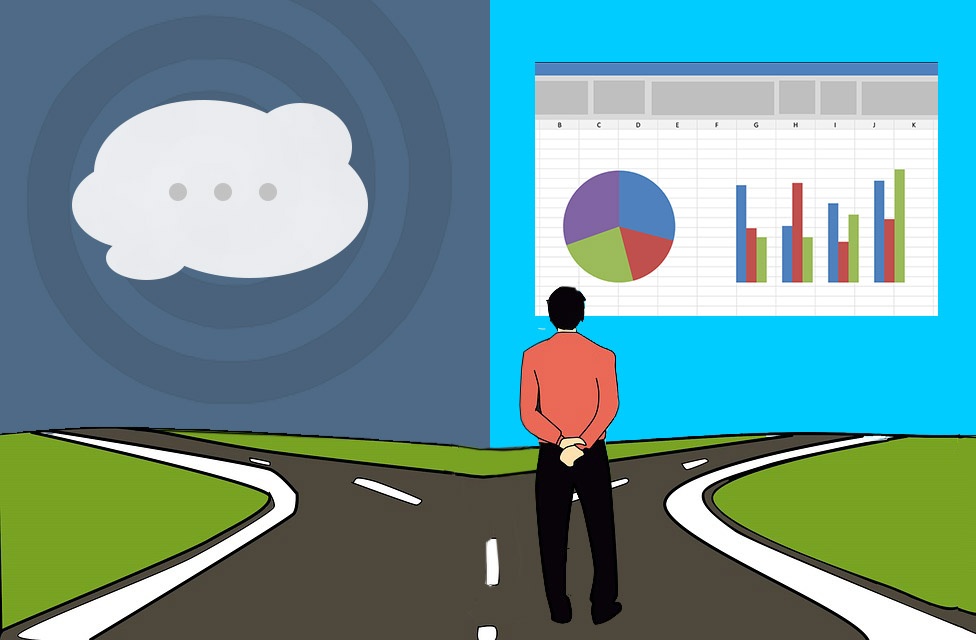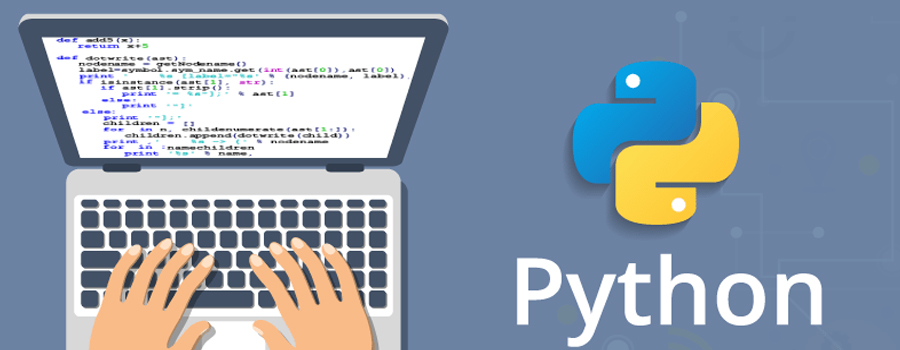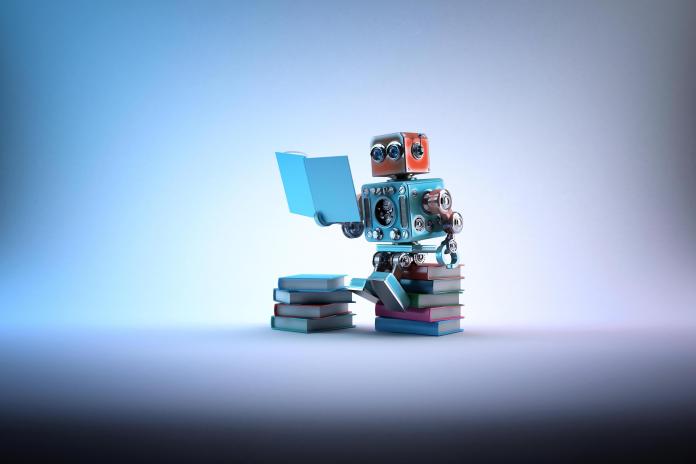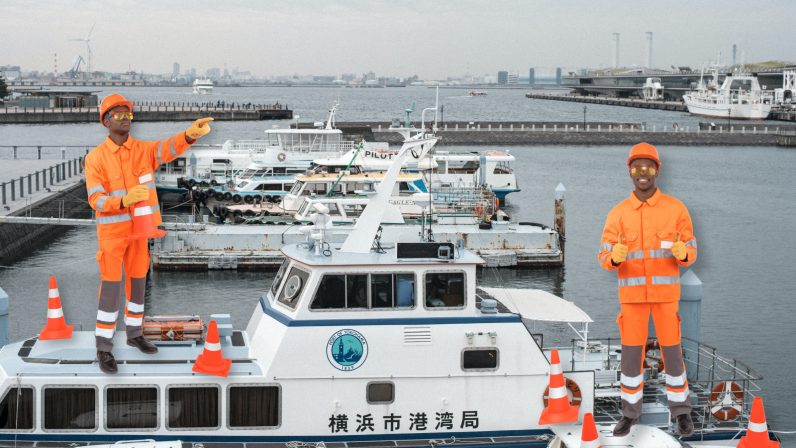6 Open Source Data Science projects you can embark on at Home
Have you found learning at home difficult? Most of us are in the same boat – there are too many things to juggle during these tumultuous times and learning has, contrary to our initial expectations, taken a back seat. So how can we get back on track? How can we combine our data science learning […]
6 Open Source Data Science projects you can embark on at Home Read More »
